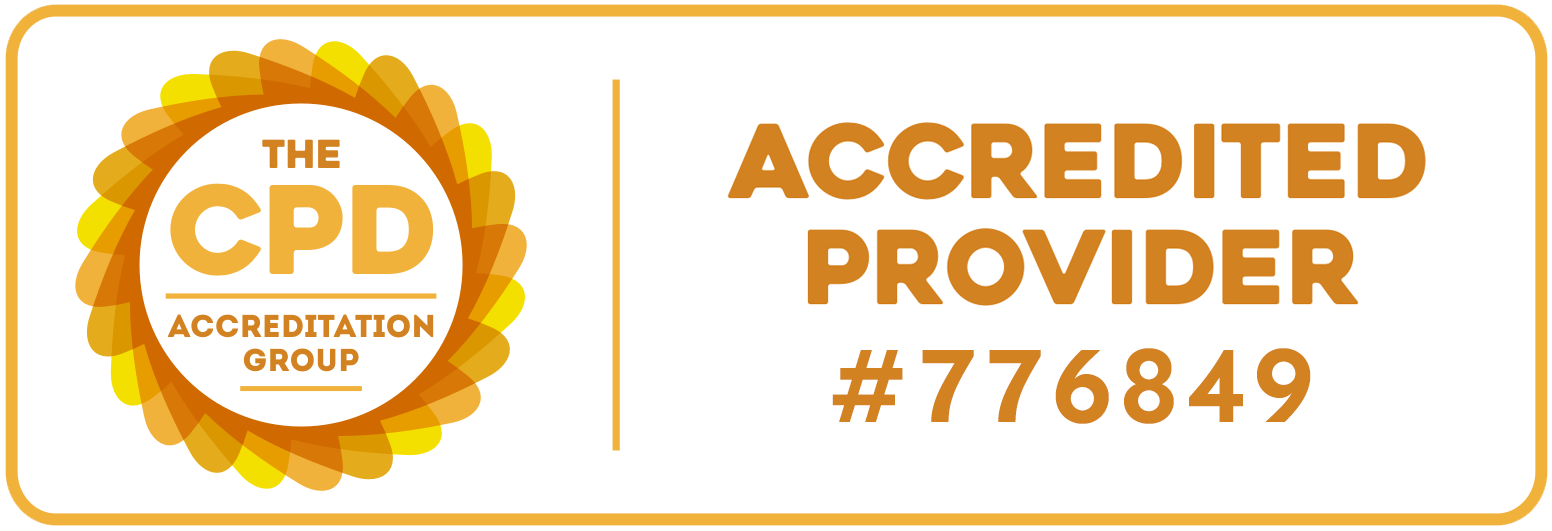Biography
Biography: Robert K Prudhomme
Abstract
Nanotechnology in drug delivery has a schizophrenic dichotomy of goals. One goal is to make drugs more bioavailable, which is normally associated with oral drug delivery. This bioavailability is associated with rapidly releasing drugs. The goal is achieved by making nanocarriers (NCs) with high surface-to-volume ratios, and with the drug in an amorphous state. The other goal is to encapsulate and deliver drugs to specific disease sites. This requires retaining the drug in the NC until targeted delivery is achieved. We will discuss examples of nanoparticle formulations based on our rapid micromixing platform – Flash Nanoprecipitation (FNP)– that address both of these goals. Targeted, sustained-release NCs require degradable block copolymers that enable targeting, but also clearance. Sustained release is achieved either by making insoluble ion pairs or through pro-drug synthesis. Enhanced dissolution, for oral delivery of poorly bioavailable therapeutics, requires the development of low-cost NC stabilizers. We demonstrate NC formation using lecithin, HPMC, and the corn protein, zein. The coupling of FNP to a spray drier enables a continuous, integrated, one step and scalable process for the production of powders for oral administration. The unexpected stability of these NC powders to high temperature and humidity, and the scalability of the platform were major reasons that the Gates Foundation has funded our group to prepare NC formulations of several drugs coming through their pipeline. While FNP was initially developed for encapsulation of hydrophobic actives, soluble peptides and proteins are now the fastest growing segment of the pharmaceutical market. We will present a new inverse Flash Nanoprecipitation process (iFNP) which enables encapsulation of peptides and biologics at 90% loading with 95% loading efficiency. The encapsulation at these loadings has not been achieved by other technologies.

